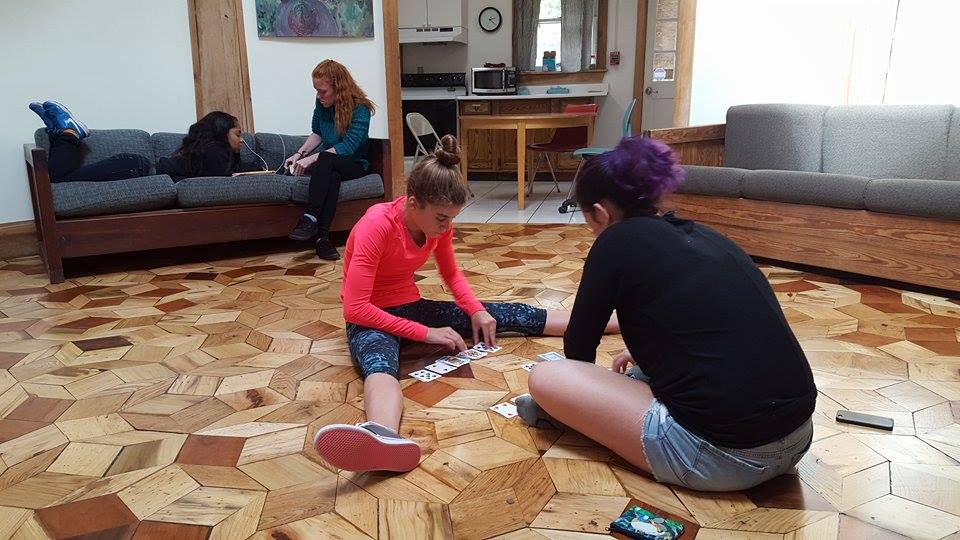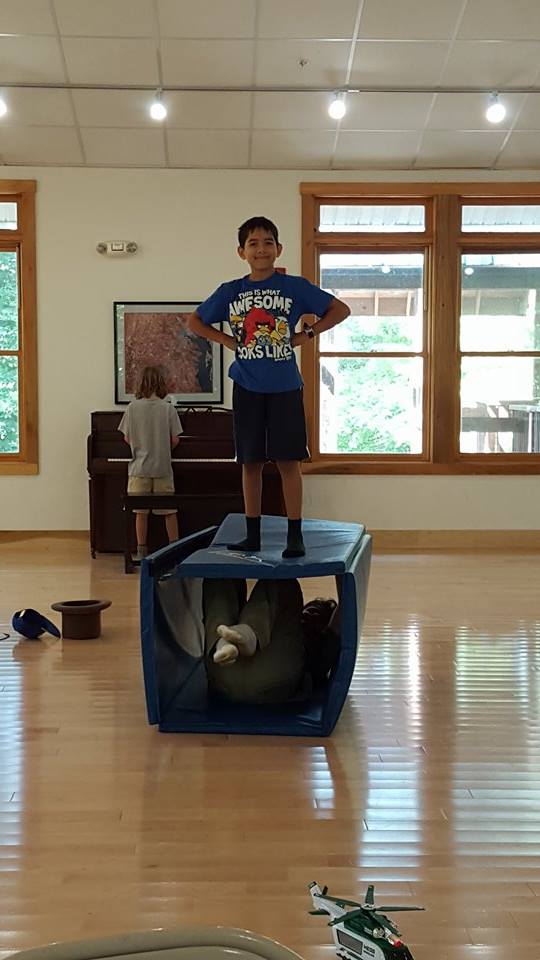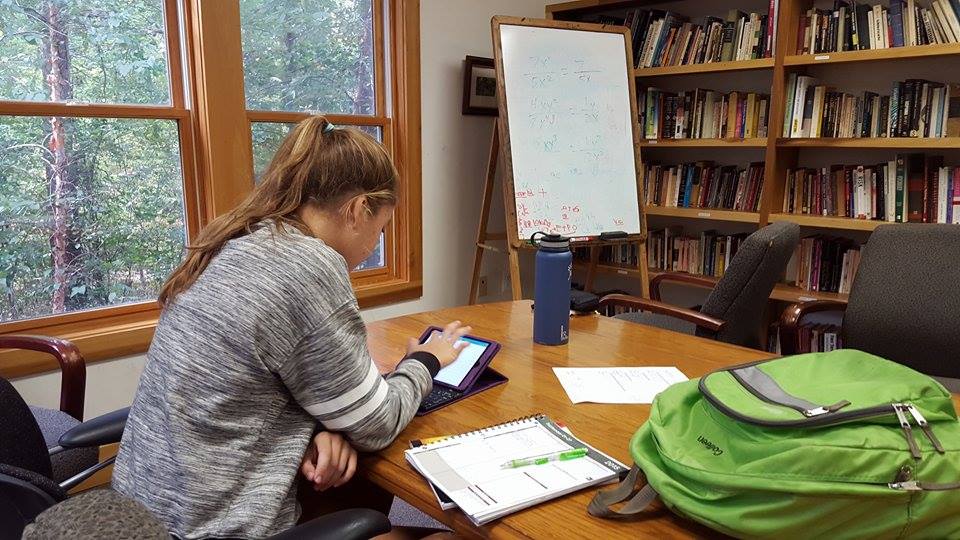Trust and Letting Go: A Parent’s Eye View
Apparently kids these days can’t be trusted to learn how to drive at the age of fourteen, as I did, or to bike to the neighborhood drugstore at age nine (usually for the purpose of buying candy for my 14-year-old sister). Neither should kids be trusted to go to a neighborhood park to play by themselves, or be left alone in a car while a parent grocery shops. But these are all peanuts compared to the lack of trust that is the greatest driver in young people’s lives: we do not trust that our young people want to prepare themselves to become effective participants in the society we have created. They don’t want to learn what they need to learn, we seem to think, they have to be not only shown the material, but motivated by a series of carrots and sticks that have nothing to do with internal engagement or love of learning.
Could it be true that we’ve created an adult world so unappealing that young people really will just opt out and prefer to, I don’t know, eat garbage, play Grand Theft Auto 5 all day and/or turn to a life of crime as adults, rather than readying themselves to participate fully? I suppose it’s possible, but even if this is some Gotham or Orwellian dystopia we’ve created, what kind of thinkers and doers are we going to need to lead us in a different direction? Certainly not people who have been trained to do what they hate many hours a day, and for whom drudgery has become normalized. Certainly not people who have been forced from a young age to internalize hierarchical power structures and double speak: accepting that although perhaps the teacher is a bully, none of the students are supposed to be, and the best strategy for survival is probably to quietly do your work, keep your head down and your mouth shut.
Scratch the surface and this distrust of young people is really a deep fear about where we are as a society: there among the accelerating technological advances, large uncaring institutions and rapid population growth sits the vulnerable human child doing what, looking for four-leaf clovers? Rolling down a wet and grassy hill? Playing tag or video games? Experimenting with makeup while singing along to the newest Miley Cyrus song? How is that kid going to compete, we ask? Ah, yes, t’would be wonderful if she’s independently wealthy and the world was all so lovely and easy, but she has to get ready or she’ll end up in retail and never be able to buy a house! The world is too hard for you to have a childhood, we seem to be saying, you must not be trusted to do what you want.
In such a climate, if you’re a parent of a student who attends a Sudbury model school like Fairhaven, chances are most of your neighbors, friends, co-workers and relatives think your trust in your kid is crazy. While recognizing that people learn best and actually retain what they’re learning when they’re enjoying what they’re learning, your acquaintances will still be shocked that you have removed your child from conventional schooling and they will fear for your child.
Probably even you will fear for your child. As a parent of a Fairhaven student for the past five years, I will admit there have been times when I’ve found it challenging to let go. There have been meetings with staff members where I whine “How is he going to learn how to write an essay? How is he going to learn the math he needs for college?” and the staff member usually gives me some Yoda-like Zen-Master assurance that’s not really an assurance at all but more a gentle exhortation to trust my son. It has often included the reminder that not everyone goes to college. I understand, yet have feared that though it might behoove him in the long run, my son might lack the academic confidence to pursue college.
Nothing could have been further from the truth. The simple reality is that my son confidently learns whatever he needs to, whenever he needs to, as has the rest of humankind throughout time immemorial. Now that he can see college on the horizon, he is preparing for it, and very efficiently. I don’t believe he would have retained the plane geometry he just learned in order to take the ACT effectively had he been exposed to it years ago, before he saw any use for it in his life. And yes, the only way he will retain it now is if he finds some use for it again. However, the difference is that he knows he can chase down that or any other knowledge himself, whenever he wants, because that is what he’s been doing for the past five years at Fairhaven School.
-Johnna Schmidt
October 6, 2015
Contact Us
Hudson Valley Sudbury School




